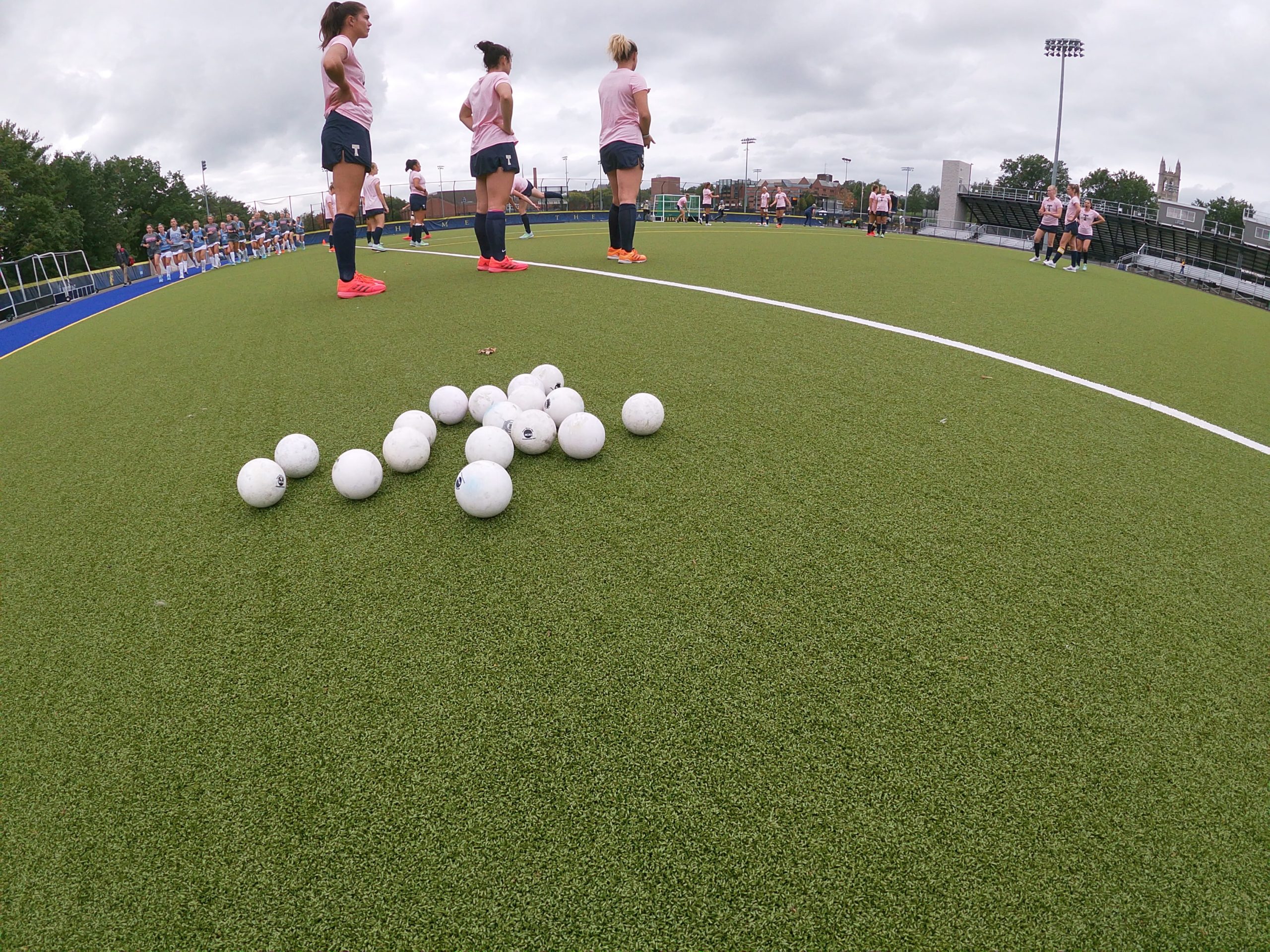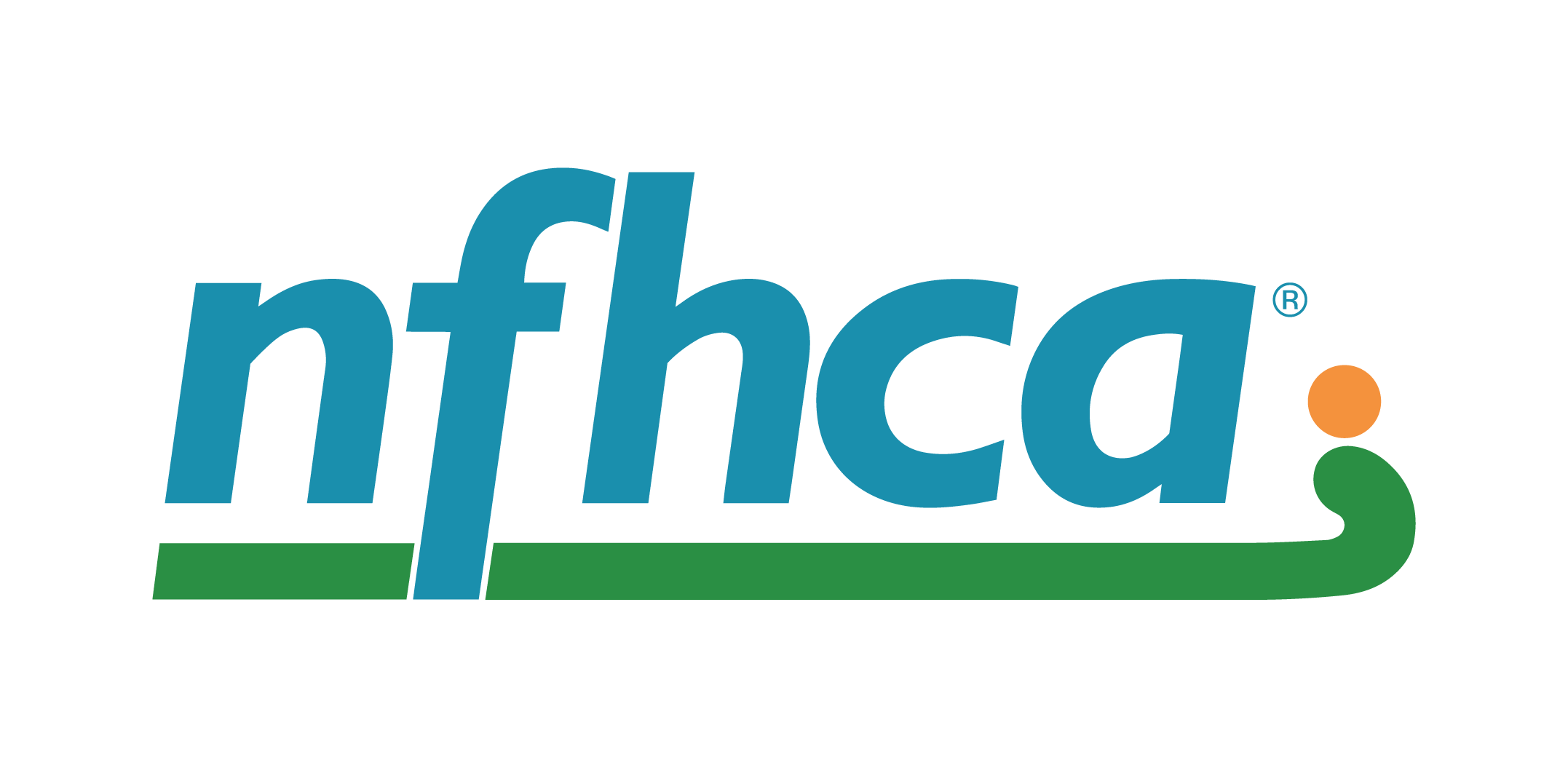Dispelling Name, Image, Likeness Myths (NIL)

By Michelle Meyer, Founder NIL Network & Contributing Author
We are now in the fifth month of Name, Image, and Likeness (NIL), and most of the coaches I speak to are still hesitant to embrace the change. Every single coach expresses wanting to help and protect their athletes in any way they can, but they are unsure of their limitations and how exactly they can best help in an area that they aren’t experienced.
As a former Division I volleyball coach, I have spent countless hours researching and hypothesizing what NIL could mean for Olympic sport athletes. My biggest takeaway? For 99% of these athletes, NIL monetization will not be life-changing money. And without significant earnings, these athletes are going to be navigating NIL without a team of trusted professionals (attorneys, agents, accountants, etc.) to advise them.
This is a bit scary.
For you as a coach, learning the basics of NIL to support, protect, and empower your athletes is crucial to the success of your program in this new era. I hope to dispel a few common misconceptions about NIL and put you in a better position to utilize NIL for you and your athletes’ benefit.
Myth #1 – NIL is Only for Football
I’ve heard the following from coaches over the past few months: “None of my athletes want to do NIL deals.” “Only the football athletes are getting NIL opportunities.” “NIL isn’t as big of a change as we thought it would be!”
And they might be correct…for this first year.
With national NIL reform essentially happening overnight, many college athletes were not prepared or educated on how to safely and efficiently take advantage of NIL opportunities. Because of this, a lot of athletes have decided that NIL is “not for them.”
However, three trends are going to bring more Olympic sport athletes into the NIL mix:
- While football athletes have been the early winners of NIL, accounting for 55% of compensation, this percentage continues to drop every month.
- The industry around social media marketing, which accounts for 87% of deal activity, is projected to grow to $15 billion by 2022 (up from $8 billion in 2019). Brands are getting the best ROI from working with influencers to endorse their products and collegiate athletes are the perfect hyper-local influencers.
- PSAs are well aware of their new ability to make money as college athletes and are currently prepping for it by building their personal brand and optimizing their social media. The number of collegiate athletes taking advantage of NIL opportunities is projected to increase until at least 2025.
The Takeaway: Even if not many of your current athletes are monetizing their NIL, more likely will over the next few years. Learning about NIL now will put you ahead of the curve and in a better position to support your future athletes.
Myth #2 – NIL is Only for Social Media Influencers
Most coaches around the country know very little about the massive social media “influencer” industry that has been developing over the last 10 plus years. Good news for the Olympic sports coach: NIL provides your athletes with so many more opportunities than just endorsing products on Instagram. They can now coach private lessons, grab a few teammates for an appearance at the local sandwich shop, or start their own small business in something completely outside of their sport.
Even though social media endorsements may be the easiest, quickest, and most visible NIL activity for athletes and has dominated the first few months (88% of total activity), I think we are just scratching the surface of the creative NIL initiatives that collegiate athletes around the country are developing. The entrepreneurship side of NIL is an awesome opportunity for your athletes to learn and apply real-life skills that they will utilize long after graduation.
The Takeaway: Most coaches don’t have the skillset to provide advice on social media endorsement deal contracts or compensation. Even if they do, they are being advised not to provide this support to their athletes due to potentially creating liability for themselves and the school. However, this doesn’t mean you can’t educate your athletes on aspects of NIL! If you’ve ever run a camp, started a business, or even managed a project, you have skills and tools that your athletes are now looking to acquire.
Myth #3 – NIL is Only for Star Athletes
For most Olympic sport athletes, brands are not partnering with them based on their athletic success. Instead, NIL opportunities will be tied closely to their “off-the-field” brand and your athletes’ dedication to creating opportunities for themselves.
For example, Oliva Dunne of LSU Gymnastics amassed a massive social media following and is one of the biggest early success stories of NIL. While a great gymnast in her own right, Dunne’s NIL monetization was inevitable regardless of whether or not she ever secured a starting position for LSU.
The Takeaway: Don’t be surprised if you find that your top athlete hasn’t monetized her NIL at all while a backup player is creating all sorts of opportunities for herself. In the same way that non-starters on your team can contribute in different ways (pulling the team GPA up, being a reliable host for official visits), their NIL activities can bring more visibility to your program and should be supported.
Myth #4 – Talking to Recruits About NIL is not Permitted
One of the few aspects of the NCAA’s interim NIL policy prohibits institutions from using NIL for recruiting inducements. Many coaches have taken this to mean that they should not be discussing anything NIL-related to prospects. However, taking that position is likely to leave you at a recruiting disadvantage.
So, what does the policy actually restrict?
Not Permissible: Guaranteeing NIL Money
“Come here and you will get $1000/month in NIL earnings from XXX company in exchange for three Instagram posts and one appearance per month.”
Gray Area: Insinuating Future NIL Money
“My current athletes have a full team deal where each makes $1000/month. The company anticipates continuing to sponsor my athletes by the time you arrive on campus.”
Permissible: Discussing Current NIL Activity
“About half of my roster have engaged in a NIL opportunity. They’ve partnered with local restaurants, started coaching private lessons, and one athlete even has a deal with a national clothing brand! I love seeing their creative initiatives and taking advantage of these new opportunities. As an institution, we’ve partnered with XXX company to provide education to athletes about brand management, financial literacy, contract negotiations, taxation, and to give athletes a simple way to disclose deals.”
The Takeaway: Being able to talk candidly to recruits about how your athletes are monetizing their NIL will instill confidence in them about the support for NIL from you, the institution, and even the community. They will be able to gain an understanding of what their NIL opportunities may look like when they arrive on campus.
Myth #5 – Educating Your Alumni About NIL is Not Permissible
Amongst your alumni is most likely an amazing group of small business owners that have been priced out of being sponsors for your institution. They couldn’t afford to spend tens of thousands of dollars for signage on your field. However, for a few hundred dollars they can now give back to their alma mater program by supporting its current athletes and get a great ROI for their business? Win. Win.
Another win for you? Your alumni have accountability: You can trust that they are partnering with your athletes fairly and for the right reasons.
The Takeaway: I’d recommend emailing your alumni about this new opportunity. Make sure to include any state law stipulations or institutional policies around their ability to partner as alumni (typically, if their business hasn’t been connected to the program, they’re good to go but always good to double-check). I’d also outline some steps to get started and potentially some examples of how brands have partnered with athletes similar to yours. While you can’t be involved in negotiating compensation, you can educate them on the process to get them started.
Myth #6 – All College Athletes Have the Same NIL Rights
With the hasty way that NIL reform came about this summer, a group was left out: International athletes. The NCAA is not to blame. International students are restricted from engaging in NIL activities due to the type of student visa they have. The F-1 visa rules have not been updated since the 1980s and they do not even consider the internet, social media, or remote work.
However, NOCAP Sports is currently working with high-profile immigration attorneys and the American Immigration Law Association, and are finalizing their recommendations for the U.S. Immigration Customs Enforcement (ICE).
Their experts have been told to expect bi-partisan congressional support on F-1 Visa changes that are aligned with the NCAA’s Collegiate Model, but only if there is a desire from college coaches and administrators.
The Takeaway: Do you support international college athletes having the same rights as everyone else? If so, please sign the petition here.
Due to the fast nationwide enactment of NIL reform, we are truly in the ‘wild west.’ Do you know what’s synonymous with the ‘wild west’? Opportunity. I am a firm believer that coaches that successfully utilize NIL to their advantage in the first few years of NIL will set up their programs for long-term success.
Questions or comments? I’m always happy to chat NIL! Email me at Michelle@nilnetwork.com
About the Author
Michelle Meyer played collegiate volleyball at UC Santa Barbara. After a brief professional volleyball career in Denmark, Michelle coached the beach volleyball team at the University of Hawaii (2012-2015), indoor volleyball at Pepperdine (2015), and then ran the national high-performance program for USA Beach Volleyball from 2015-2018. When California passed SB206 in the fall of 2019, Michelle extensively studied the changes and the potential impact they would have on college sports. A year later, she founded NIL Network to provide a resource for athletes, coaches, and administrators to navigate these changes successfully.
About NIL Network
NIL Network is a platform that delivers timely content, guidance, and resources to athletes, coaches, and administrators to successfully transition to this new NIL era of collegiate sports.
NFHCA Blog Disclaimer
All content on this blog is for informational purposes only and should not be interpreted as a substitute for NCAA compliance or legal advice. The NFHCA recognizes that the accuracy of the content and opinions in this blog may change over time. The blog site may contain links to other websites or content belonging to or originating from third parties. Such external links are not monitored or endorsed by the NFHCA and the NFHCA does not control such external websites or their content. The NFHCA will not be held responsible for the content of any message from external websites or contributing authors.
AstroTurf is the Official Sponsor of the 2026 NFHCA Annual Convention. With over 50 years of experience and millions and millions of square feet of synthetic turf in use worldwide, AstroTurf products bring more technological expertise and real-world know-how to the game than any other brand.
